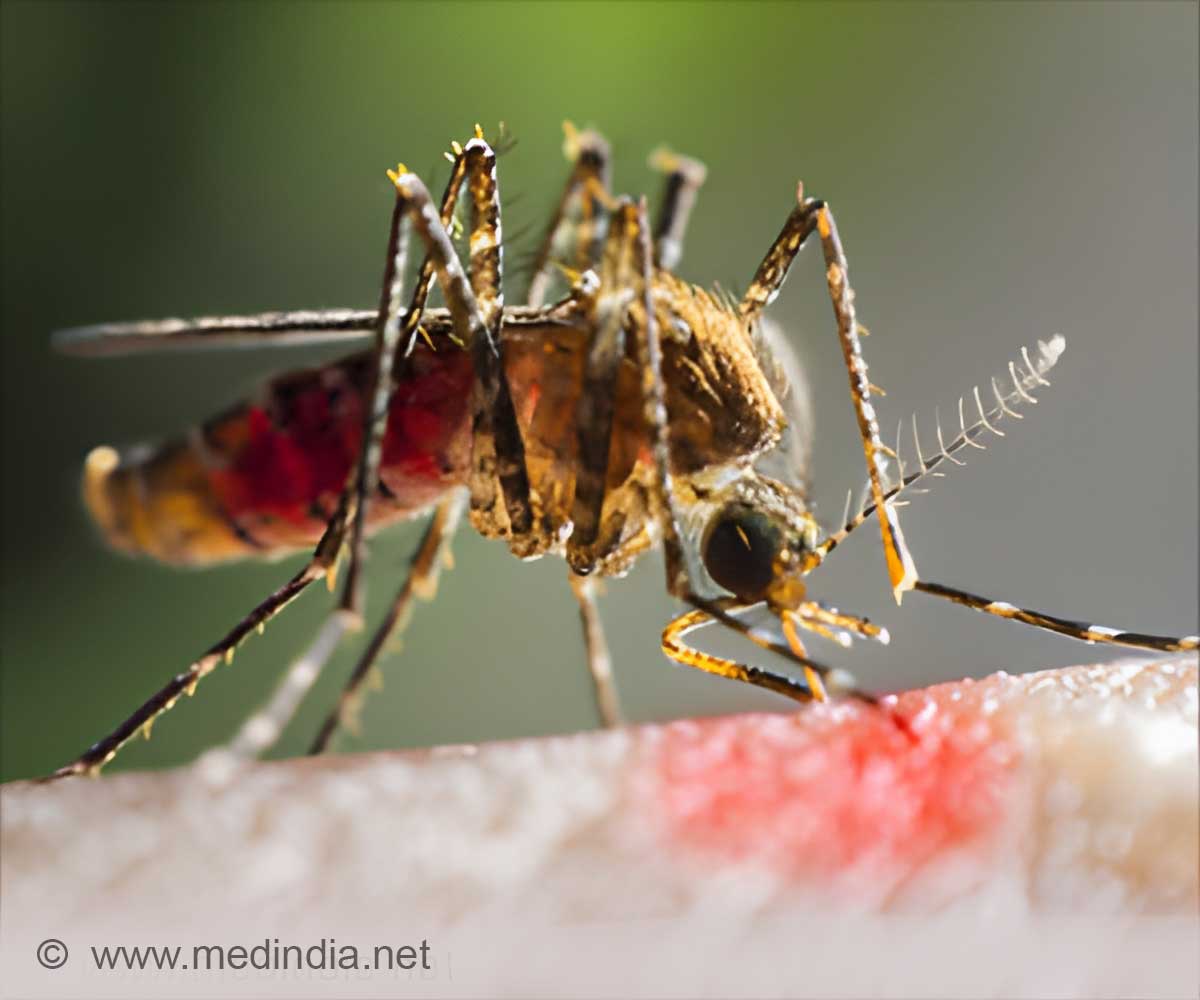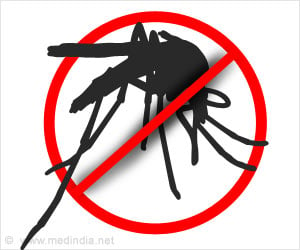Scientists from the University of Melbourne have said new applications could help reduce the risk of humans contracting the Zika virus.

‘Testing the effectiveness of the Wolbachia is expected to take part in Latin America, Indonesia and Vietnam early next year.’





Cameron Simmons from the university's Peter Doherty Institute said while the Wolbachia mix was proven in preventing the spread of dengue, it could be some time before researchers are able to restrict the spread of Zika, which has no known cure and has spread rapidly throughout South America and Asia. "(Zika) would be a higher hurdle for the virus to get over the top of," Simmons told the Australian Broadcasting Corporation (ABC) on Friday. Testing the effectiveness of the Wolbachia is expected to take part in Latin America, Indonesia and Vietnam early next year, and Simmons said he expects the Wolbachia to perform similarly to how it does against dengue.
He said laboratory evidence has suggested that Wolbachia could also slow the spread of other viruses carried by the Aedes aegypti mosquito, including chikungunya and yellow fever virus. Previous studies undertaken by the institute found the ability of a virus, in previous cases, dengue, to spread throughout the Wolbachia-infected insect's tissues was "limited".
Simmons said the Wolbachia prevents the virus from passing through the mosquito's salivary glands, and therefore, prevents it from being spread to humans. "It's a dead end essentially for the virus," Simmons said. "The Wolbachia stops the mosquito being able to onward transmit the virus to a human host."
Source-IANS











